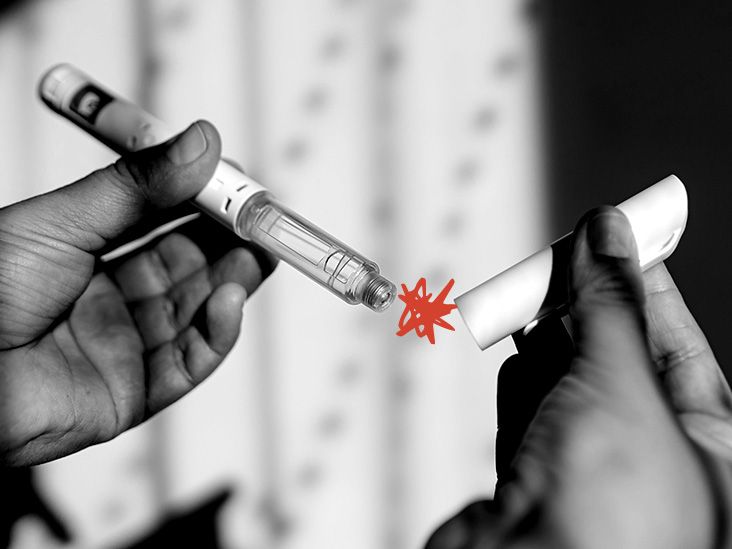Research shows there may be a link between long COVID and long-term mental health conditions, such as anxiety.
Long COVID defines a long-term condition that occurs after a person has had the COVID-19 infection and still has symptoms after a period of at least 3 months.
The condition can present a wide range of symptoms that may vary in severity and can affect both physical and mental health.
This article discusses the link between long COVID and anxiety, including whether long COVID can cause panic attacks, how it affects the brain, treatment options, and more.
Coronavirus data
All data and statistics are based on publicly available data at the time of publication. Some information may be out of date. Visit our coronavirus hub for the most recent information on COVID-19.

Research from 2022 suggests that as COVID-19 spread, it became clear that the condition could affect the mental health of a person, not just their physical health. The research suggests that during the early stages of COVID-19, approximately
A
According to the
- being female
- being older
- having experience of previous mental health conditions
- experiencing long COVID symptoms such as:
- headaches
- breathlessness
- severe fatigue
- irritable bowel syndrome
Research from 2022 suggests that a person with long COVID may be
According to
Research from 2021 states that there may be a link between the physical effects of long COVID and a person experiencing panic attacks and panic disorder. The research says this may be due to some symptoms of long COVID being the same as those of panic attacks, such as:
- shortness of breath
- chest pain
- discomfort
Learn more about panic attacks and panic disorder.
Other
The neurons in the brain are nerve cells that send messages to the rest of the body. Glial cells modulate these neurons. The inflammation that occurs due to long COVID can cause glial cells to become overactive, leading to damage of the CNS.
Long COVID can also cause inflammation of the brainstem, which connects the brain to the spinal cord. This may lead to dysfunction of the CNS.
If a person experiences anxiety due to long COVID, there are various treatments that may help them manage the condition.
Medications
There are several types of medications that can help a person manage the symptoms of anxiety due to long COVID. These
Benzodiazepines and beta-blockers are typically for the short-term treatment of anxiety. However, a healthcare professional may recommend buspirone for longer-term use.
Read more about medications for anxiety.
Therapy
There are several types of therapies that may be able to help a person manage the symptoms of anxiety due to long COVID. These
- Psychotherapy: A type of talking-based therapy that can help a person understand what may trigger their anxiety symptoms.
- Cognitive behavioral therapy (CBT): A type of psychotherapy that can give a person techniques to change how they think, react, or behave in a situation that may make them feel anxious.
- Acceptance and commitment therapy (ACT): This uses techniques such as mindfulness, deep breathing, meditation, staying in the present moment, and accepting feelings and emotions that are present.
Lifestyle changes
A person with anxiety due to long COVID can make several lifestyle changes that may help to manage the condition. These
- following a healthy, well-balanced diet
- getting regular physical activity
- managing stress
- getting enough good quality sleep
- spending quality time with friends and loved ones
- avoiding substances such as tobacco and alcohol
Has anxiety increased since COVID-19?
According to the World Health Organization (WHO), since the start of the COVID-19 pandemic, there has been a
What is the most common long-term COVID symptom?
According to
Long COVID defines the presence of COVID-19 symptoms at least 3 months after a person contracts the virus.
Research suggests that there is a link between long COVID and mental health conditions, such as anxiety. A person may also be more likely to experience panic attacks.
The SARS-CoV-2 virus can get through the blood-brain barrier and affect the central nervous system. This may cause damage to the neurons in the brain and lead to mental health conditions such as anxiety.
Treatment to help a person manage symptoms of anxiety due to long COVID can include medications such as antidepressants, therapy, and making lifestyle changes such as regular physical activity and practicing mindfulness.


